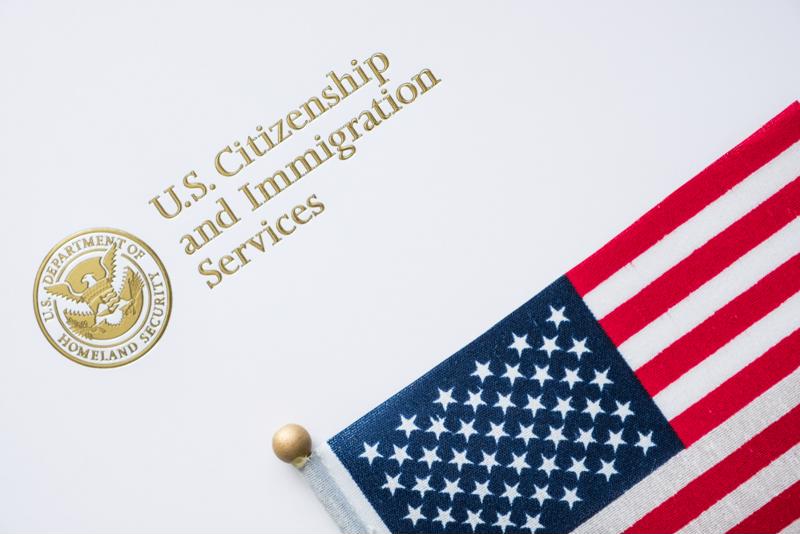
IT staffing firms mount legal challenge to visa denials
Immigration law enforcement has been a major priority of the federal government during the past two years, and this trend shows no signs of abating at any point in the immediate future. While most businesses have experienced the effect of this compliance trend to some degree, certain industries feel its impact considerably more than others. Over the past 12 months, tech firms and IT staffing companies had to deal with a major change in the requirements for acquiring temporary H-1B visas for skilled IT workers who are also foreign nationals.
This issue reached a fever pitch with the filing of several dozen lawsuits in federal court, all of them contesting U.S. Citizenship and Immigration Services' tightening of H-1B guidelines. Bloomberg Law reported on Feb. 29, 2019 that an industry association called the ITServe Alliance is running point on this legal challenge, and expects to see a major ruling on it in no more than two months. Tech company leaders and their HR department heads would do well to follow the progress of this story, as the judge's conclusion could have significant ramifications on the bottom line of their business.
The USCIS visa policy adjustment
In February of last year, USCIS issued a memorandum explaining that companies liaising with a staffing agency to bring temporary nonimmigrant workers into their labor forces would have to submit more proof than had been previously required of prospective H-1B recipients' continuing relationship with their sponsoring employer. The Homeland Security department's stated reasoning for this – "protect[ing] the wages and working conditions of both U.S. and H-1B nonimmigrant workers" – was based in the workers in question providing services for third-party businesses in need of IT staff, rather than the firm that directly employs them.
Jonathan D. Wasden, a lawyer who specializes in these matters through his Economic Immigration Support Services firm, told Bloomberg Law he believes that USCIS intends to deliberately damage the H-1B program at the behest of President Donald Trump, whose hard-line opposition to any potential illegal immigration is a matter of public record. To that end, the counselor claimed the agency has been using the revised standards as an excuse to deny various visa applications, or is approving requests for as little as a few weeks or even mere days. (For context, an H-1B visa can permit a qualifying foreign national to live and work in the U.S. for as long as three years.)
Bloomberg also pointed out that IT consulting firms have seen denials for 40 percent of their H-1B visa requests on behalf of skilled foreign tech workers. This is much higher than that of many other industries and businesses relying on H-1B labor – including tech giants like Amazon, Microsoft and Google, which only receive denials for about 1 percent of their visa applications.
Litigation in response to increased H-1B strictness
A separate report by Bloomberg Law from earlier in February pointed out that companies and their legal representatives have been challenging USCIS for more than a year, with many of the cases ending in settlement agreements or rulings in favor of employers and the would-be H-1B workers they represent. Wasden's efforts on behalf of ITServe – alongside attorney Bradley Banias of the Barnwell Haley practice – represent one of the biggest campaigns thus far by immigration lawyers and IT staffing firms to take on the government regarding this issue. As of early March, the counselors have filed more than 40 lawsuits with the U.S. District Court for the District of Columbia.
ITServe and its attorneys want to see the cases consolidated so that a single ruling can resolve all of the individual pieces of litigation and function as established legal precedent in the years to come. Judge Rosemary Collyer of the D.C. District Court seems amenable to this catch-all categorization of the suits. But according to court papers filed Feb. 25, USCIS doesn't want this to occur until two earlier (and still pending) lawsuits regarding similar complaints, one of which was also filed by ITServe, are resolved.
Wasden claims this is a stalling strategy the government agency is enacting with the hope of keeping the stricter H-1B guidelines in place for as long as possible. USCIS has declined to comment on the matter beyond its statements in public records, so the truth of its motivation remains unknown. No matter which side prevails in the preliminary ruling, the other will likely appeal, so those in sectors to which this case pertains should keep close track of it until a final resolution comes to pass.
Uncategorized
